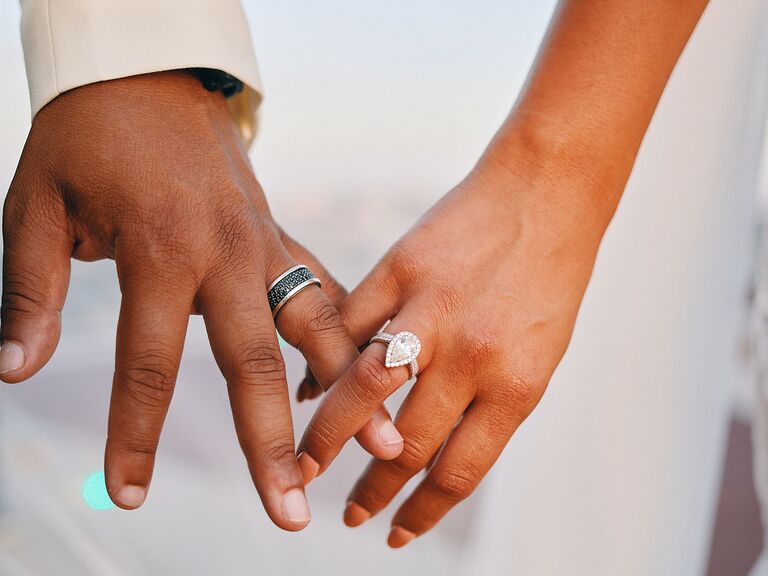The fashion eCommerce industry in the year 2022 has been living out the adage that “change is the only constant”. Consumer buying behavior has transformed notably since the start of the pandemic, with demand for sustainable yet affordable clothing rising. If you are the owner of a fashion eCommerce store, the seasonal changes in style and consumer preferences can be taxing. However, it also opens an array of opportunities for those teams ready to cash in.
Here are the top three eCommerce fashion trends that ought to reach your shopping carts in 2022.
1. Omnichannel is the road ahead
When comparing March 2020 to March 2019, data from eConsultancy shows a 21% YoY rise in online orders. In a similar poll, 41% of respondents indicated they presently shop online for items they would typically buy in stores.
Due to its convenience and accessibility, online shopping has had a noticeable impact on retail outlets on high streets worldwide. As a result, merchants are under tremendous pressure to integrate retail experiences inside and outside their stores to maintain profitability. Fashion retailers are turning to omnichannel techniques such as direct-to-consumer as one way to tackle this problem. As they navigate the world of balancing physical stores with profitable eCommerce sales, fashion retailers can leverage these marketing strategies to provide ultimate online and offline shopping experiences.
In January 2018, Zara implemented an omnichannel strategy by opening a click-and-collect concept store. The physical store had a dedicated area for collecting online purchases. In addition, the staff carried mobile devices displaying sizes and stock for limited edition items. Furthermore, the leading apparel brand offered different payment options through the Zara or Inditex group app and self-service checkouts. To provide an omnichannel shopping experience, Zara leveraged a virtual styling tool allowing customers to scan barcodes of items and mix and match garments and accessories while looking in the mirror.
Nike is one of the biggest fashion eCommerce brands to witness success with DTC implementation. According to the company’s annual report, Nike’s direct online sales grew 35% and outpaced all other marketing channels. The leading fashion brand attributed its growth rate to its digital DTC sales and identified it as the key driver of its future sales.





More Stories
5 Mistakes to Avoid When Buying Kids’ Clothes Online
Buying Designer Indian Clothes Online for an Indian Bride
Swap Second Hand Clothing and Accessories and Revitalize Your Wardrobe